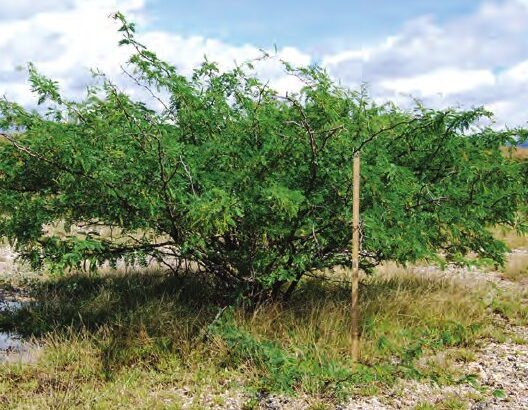Introduction
The Intergovernmental Authority on Development (IGAD) is one of the Africa Union’s Regional Economic Communities (RECs) that brings together eight Member States in the Horn of Africa. IGAD’s interventions are informed by its thematic priority areas of focus including; agriculture, livestock and fisheries management; natural resource and environment protection, social development, regional economic cooperation and integration, peace and security as well as gender affairs.
IGAD’s interventions also place special emphasis on human security, livelihoods resilience and development of the cross- border areas as they are considered frontiers of regional cooperation and integration as well as areas where human security and development conditions are particularly dire.
In contributing towards addressing and supporting priority interventions in the Cross-border areas, IGAD, in collaboration with its specialized institutions; EU, UNDP, and GIZ have been jointly working on the “Support for Effective Cooperation and Coordination of the Cross-border Initiatives” (SECCCI) in three clusters namely; South Omo-Turkana (cluster I), Marsabit-Moyale (Cluster II) and Mandera Cluster (cluster III) (bordering Ethiopia, Kenya and Somalia).
However, implementation of the Support for Effective Cooperation and Coordination of the Cross-border Initiatives (SECCCI) project is being carried out by different partners, in partnership with IGAD specialized institutions. SECCCI covers cross-border communities of Ethiopia, Kenya, Somalia and Sudan along Clusters I, II, III and IV.
The capacity development workshop held on 17 – 18 November 2020 aimed at helping enhance local capacities and promoting knowledge on spate irrigation and receding agriculture or flood-based farming that utilizes floodwater or inundation canals in South and West Omo Zones. The workshop sought to promote livestock fodder production value chain and marketing; and to make good use out of the prosopis juliflora (mathenge) invasive plants in the South/West Omo Zones. A strong foundation for cooperation and coordination with various IPs in the Zones was to be laid down during the mission where strong partnerships and relationships with the implementing partners (IPs) would be forged at field levels.
Objectives of the Workshop
- To enhance local capacities and promote knowledge on flood-based farming, spate irrigation and receding agriculture that utilizes flood water or inundation canals in South/West Zones;
- To demonstrate how to promote livestock fodder production value chain and marketing;
- To make good use out of the prosopis juliflora (Mathenge) invasive plants in the cluster;
- To create sufficient awareness, at higher levels, on existing MOUs/agreements for peace building and conflict prevention, livelihood resilience and cross-border trade in the cluster;
- To assess conflict/insecurity situation and identify ways for cross-border peaceful co-existence, pastoral livelihoods resilience, peace building and conflict prevention.
This was an opportunity for the SECCCI project to listen to the Regional and Zonal Officials and IPs to further inform plans and strengthen cooperation and coordination at field level.
Proceedings
The workshop was attended by 40 participants who included good number of senior Regional and Zonal officials, Zonal women and Youth reps in addition to a number of implementing NGO partners.
After the opening remarks, self-introduction and the presentation of objectives and overview of the SECCCI project, the following technical presentations were made and discussed during the 2-day workshop:
- Prosopis juliflora plant and its environmental, health and social impacts in Ethiopia by Dr. Tizazu Gebre Alemayehu, Asst. Professor of Plant Biology and Biodiversity Management, College of Natural and Computational Science, Arba Minch University, Ethiopia.
- Flood-based farming, spate irrigation and receding agriculture in the Ethiopian ASALS by Mr. Mekuanent Muluneh, Associate Researcher in the Water Resources Research Centre, Arba Minch Uiversity, Ethiopia.
- On the 2nd day, a long panel discussion was led by the regional and zonal officials and was concluded with recommendations.
Way Forward
- In order to effectively control prosopis juliflora, an integrated collaborative control mechanism is needed, along with a tree specific national legislation;
- Further researches into tree natural enemies and benefits of this aggressively invasive tree are recommended to go around its harmful economic, social, health and environmental impacts;
- Since prosopis juliflora excellently performs in deserts and degraded (abandoned) lands, the plants could be controlled and confined to those areas;
- Regional, Zonal authorities and IGAD to collaborate with Arba Minch University in developing/formulating a project, assessment of management strategies and implementing the proposed project for the control of the prosopis juliflora plant in the region;
- Water is always a blessing but excess water needs to be managed in a manner to maximize water benefits within communities living in the flood-prone areas;
- Flood-based farming, spate irrigation and recession agriculture are encouraged and modernized to maximized benefits from floods.






